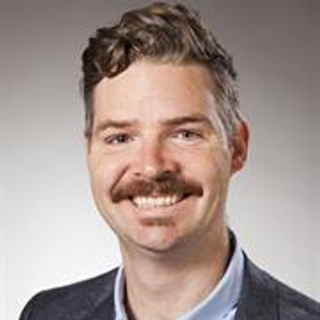Speakers

9.10am – 9.30am AEDT, 25 November 2025 ‐ 20 mins
Plenary Session


University of Canterbury
Associate Professor Carlo Carere’s research focuses on applying fundamental microbiological research to a range of biotechnologies that address global challenges in public health, food production, water security, energy independence and environmental sustainability.
For more than a decade, he has combined principles of biosystems engineering and bioreactor design with an understanding of metabolism, physiology and ecology to advance applied microbiology. His work has given particular attention to the physiological role and expression of oxygen-tolerant [NiFe] respiratory hydrogenases and the application of extremophilic methane-oxidising bacteria to produce biofeedstocks. He is also interested in the microbial production of environmentally friendly bioplastics from organic wastes, microbial denitrification of wastewaters and bioremediation.